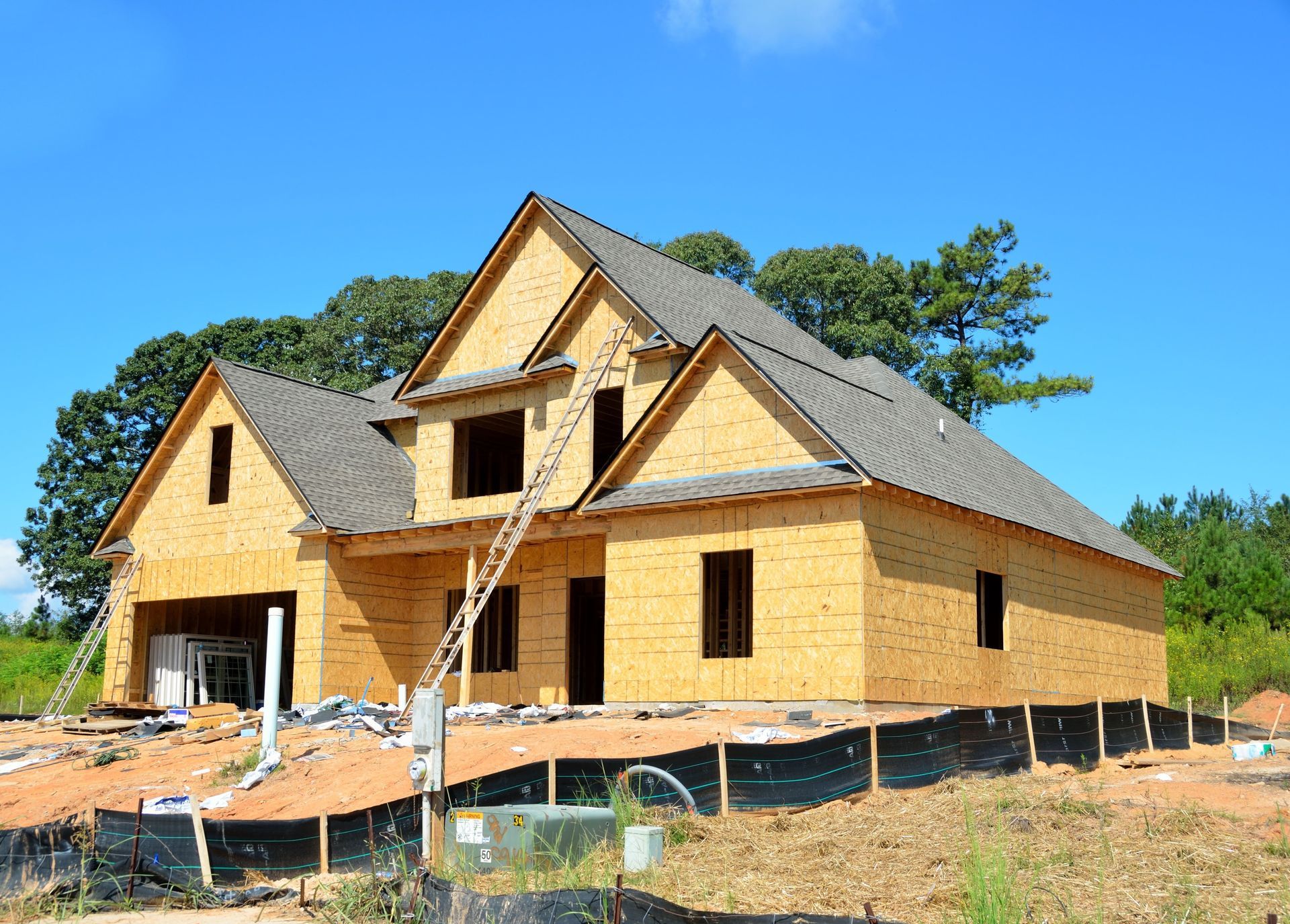Masonry vs. Frame construction: A Comprehensive Comparison
Choosing the right construction method is a crucial decision when planning any building project. Two of the most common options are masonry and frame construction, each with its own set of advantages and disadvantages. This article provides an in-depth comparison of these two methods to help you make an informed choice for your project.
Understanding the Basics

Material Composition
Frame construction: Primarily uses wood, steel, or a Combination of both.
Cost Considerations
Frame construction: Generally more cost-effective due to lower material and labor costs.
Construction Time

Frame construction: Faster construction time due to the ease of assembly and prefabrication of components.
Durability and Longevity
Frame construction: Can be durable with proper maintenance, but susceptible to damage from fire, pests, and moisture.
Fire Resistance
Frame construction: Lower fire resistance, especially with wood framing, posing a higher risk of fire damage.
Energy Efficiency
Frame construction: Can achieve good energy efficiency with proper insulation and air sealing.
Design Flexibility
Frame construction: Offers greater design flexibility due to the ease of modifying and expanding the structure.
Maintenance Requirements
Frame construction: Requires more frequent maintenance to prevent issues like rot, pest infestations, and structural damage.
Environmental Impact
Frame construction: Can have a lower environmental impact if using sustainably sourced wood and recycled materials.
Applications
Frame construction: Commonly used in residential buildings, light commercial structures, and projects with budget constraints.
Choosing the Right Method
The choice between masonry and frame construction depends on various factors, including:
Budget: Frame construction is generally more affordable.
Conclusion
Both masonry and frame construction have their own strengths and weaknesses. The best choice for your project will depend on your specific needs, priorities, and budget. Carefully consider the factors discussed in this article to make an informed decision and ensure the success of your building project.
masonry vs frame construction
